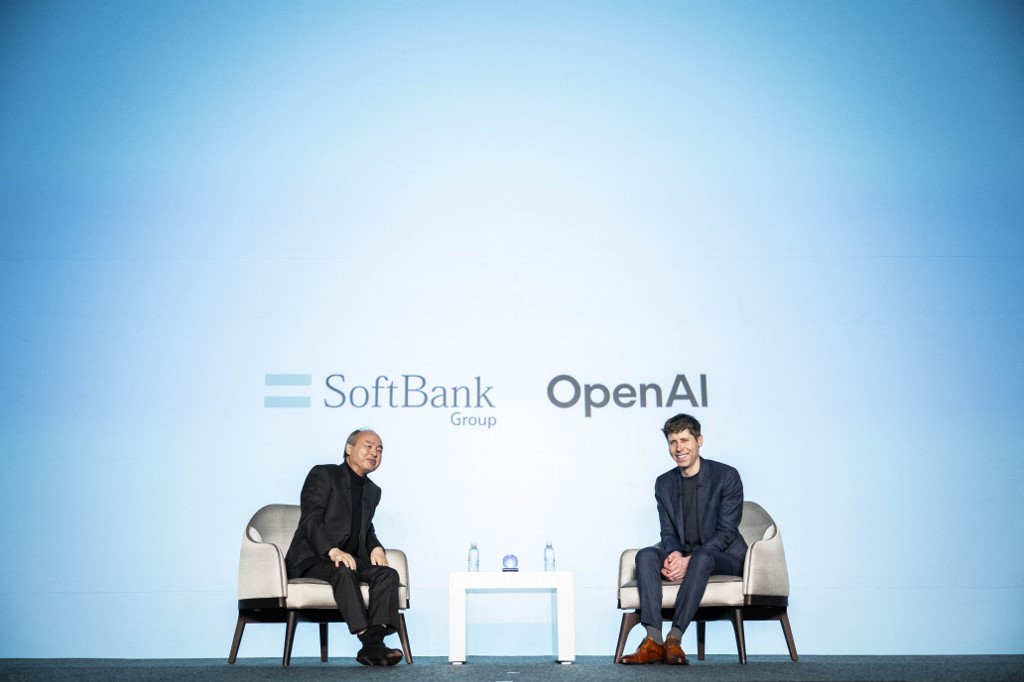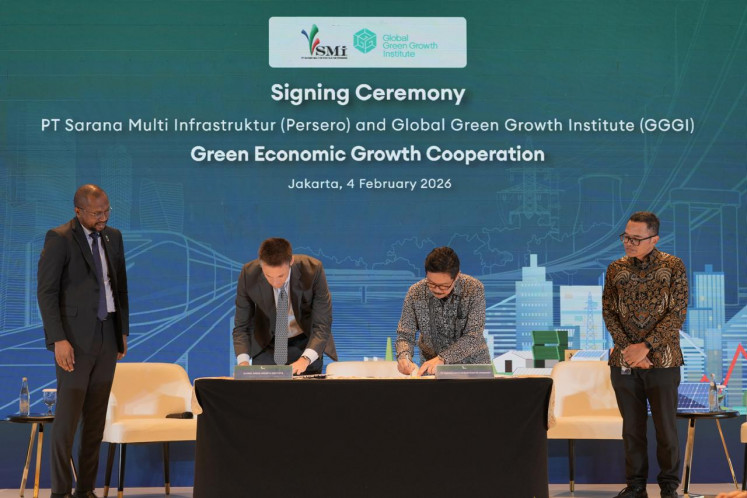Popular Reads
Top Results
Can't find what you're looking for?
View all search resultsPopular Reads
Top Results
Can't find what you're looking for?
View all search resultsOpenAI abandons plan to become for-profit company
Change text size
Gift Premium Articles
to Anyone
O
penAI CEO Sam Altman announced Monday that the company behind ChatGPT will continue to be run as a nonprofit, abandoning a contested plan to convert into a for-profit organization.
The structural issue had become a significant point of contention for the artificial intelligence (AI) pioneer, with major investors pushing for the change to better secure their returns.
AI safety advocates had expressed concerns about pursuing substantial profits from such powerful technology without the oversight of a nonprofit board of directors acting in society's interest rather than for shareholder profits.
"OpenAI is not a normal company and never will be," Altman wrote in an email to staff posted on the company's website.
"We made the decision for the nonprofit to stay in control after hearing from civic leaders and having discussions with the offices of the Attorneys General of California and Delaware," he added.
OpenAI was founded as a nonprofit in 2015 and later created a "capped" for-profit entity allowing limited profit-making to attract investors, with cloud computing giant Microsoft becoming the largest early backer.
This arrangement nearly collapsed in 2023 when the board unexpectedly fired Altman. Staff revolted, leading to Altman's reinstatement while those responsible for his dismissal departed.
Alarmed by the instability, investors demanded OpenAI transition to a more traditional for-profit structure within two years.
Under its initial reform plan revealed last year, OpenAI would have become an outright for-profit public benefit corporation (PBC), reassuring investors considering the tens of billions of dollars necessary to fulfill the company's ambitions.
Any status change, however, requires approval from state governments in California and Delaware, where the company is headquartered and registered, respectively.
The plan faced strong criticism from AI safety activists and co-founder Elon Musk, who sued the company he left in 2018, claiming the proposal violated its founding philosophy.
In the revised plan, OpenAI's money-making arm will now be fully open to generate profits but, crucially, will remain under the nonprofit board's supervision.
"We believe this sets us up to continue to make rapid, safe progress and to put great AI in the hands of everyone," Altman said.
- SoftBank sign-off -
OpenAI's major investors will likely have a say in this proposal, with Japanese investment giant SoftBank having made the change to being a for-profit a condition for their massive $30 billion investment announced on March 31.
In an official document, SoftBank stated its total investment could be reduced to $20 billion if OpenAI does not restructure into a for-profit entity by year-end.
The substantial cash injections are needed to cover OpenAI's colossal computing requirements to build increasingly energy-intensive and complex AI models.
The company's original vision did not contemplate "the needs for hundreds of billions of dollars of compute to train models and serve users," Altman said.
SoftBank's contribution in March represented the majority of the $40 billion raised in a funding round that valued the ChatGPT maker at $300 billion, marking the largest capital-raising event ever for a startup.
The company, led by Altman, has become one of Silicon Valley's most successful startups, propelled to prominence in 2022 with the release of ChatGPT, its generative AI chatbot.










